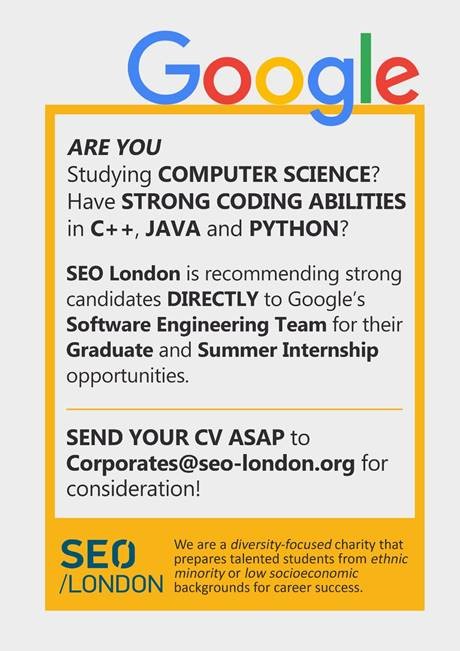Summer Internship Job Specification
Organisation Description:
Principle One is a small, rapidly growing, specialist consultancy firm, founded in 2018. We work in partnership with UK Law Enforcement and National Security to address the complex challenges of an evolving threat landscape. From systems engineering to business change, we bring deep understanding of the domain and a passion for supporting those who work to make the UK a safer place.
Location:
We are based in Vauxhall in London, and anticipate a combination of remote and onsite working for the internship.
Role Description:
At Principle One we offer a ten-week paid summer internship beginning in July. In this role, you will get involved in systems engineering, software development and business change projects for our customers and partner organisations and will be mentored by our experienced staff to develop your skills with a focus on teamwork and problem solving. You will learn about all aspects of systems engineering and have the chance to develop your skills in business analysis, software development and agile delivery.
Roles available: 4
Requirements:
We are seeking applicants with a strong academic track record; ideally in a STEM subject but we are also open to candidates from broader backgrounds with a strong interest in working in the Law Enforcement sector. We are looking for applicants who are good communicators, self-starting and keen to learn.
Recruitment is now open for the 2021 summer period with a start date anticipated in early July.
Due to the nature of the role and the work we undertake with our clients, you should be a British Citizen and will be required to complete Baseline Personnel Security Standard checks ahead of employment.
Salary:
The roles will be paid at a rate of £400 per week and you will be entitled to five days’ annual leave, which will be paid in lieu if not taken.
Interview details
First stage:
Email CV and cover letter to careers@principleone.co.uk
Two stage interview process:
Initial video interview
Technical interview (face to face or via video)
A presentation on a topic of your choice
Technical interview and chance to talk informally with recent graduates
Further information:
For more information, please visit www.principleone.co.uk or email careers@principleone.co.uk

